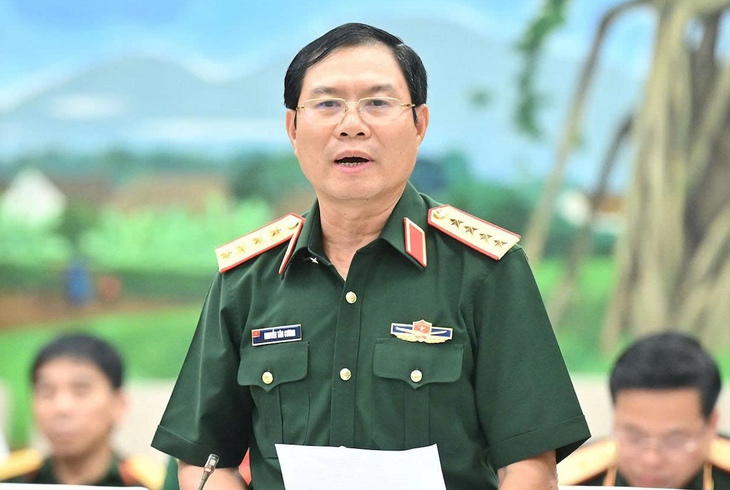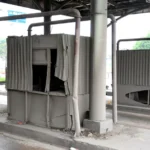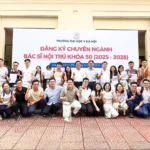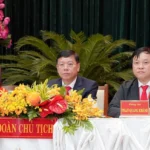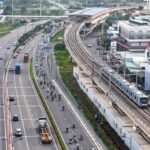On the afternoon of August 11, opinions were gathered regarding the explanation, reception, and revision of the draft Law on the State of Emergency.
Revising Measures Applicable During a State of Emergency
In the report reviewing the draft, the Chairman of the Committee on National Defense, Security, and Foreign Affairs stated that some opinions suggested a thorough review to ensure the measures applied during a state of emergency are comprehensive, appropriate, and aligned with different types of emergencies.
Some opinions agreed and proposed further clarification on the rationale for allowing the Prime Minister to apply measures not yet specified by law.
It was recommended to study provisions allowing the application of emergency measures to address urgent situations even before a state of emergency is officially declared.
Based on feedback, the standing committee reviewed and cross-referenced specialized laws, particularly the Civil Defense Law, to revise the measures applicable during a state of emergency.
This led to adjustments in the provisions regarding the Prime Minister’s authority to apply measures not currently specified by law.
The draft now includes a new article (Article 12) allowing the Prime Minister to apply emergency measures to handle urgent incidents before a state of emergency is declared.
During discussions, some opinions suggested adding specific provisions, such as emergency measures, decentralization of authority to local governments, the role of the Ministry of National Defense, and the establishment of a command committee to manage emergencies.
Prime Minister Authorized to Apply Unspecified Measures
Further elaborating, General Nguyễn Tân Cương, Chief of Staff of the Vietnam People’s Army and Deputy Minister of National Defense, clarified that the draft law only outlines general principles, with specifics to be detailed in other specialized laws.
Agreeing with the provision allowing the Prime Minister to apply unspecified measures, General Cương stated this would enable flexible responses in situations where an emergency has not yet been declared.
He cited lessons from the COVID-19 pandemic, where urgent decisions were needed even before an official state of emergency was declared.
“In urgent situations threatening national security or public order, the Prime Minister must act immediately and report to higher authorities as soon as possible.”
“This ensures proactive leadership while holding decision-makers accountable,” General Cương emphasized.
The drafting committee agreed on stronger decentralization to local governments, enabling them to take necessary actions when emergencies arise.
Deputy Prime Minister Trần Hồng Hà concurred that emergency measures restricting citizens’ rights are exceptional and unprecedented, sometimes conflicting with existing laws.
Thus, the authority to decide must rest with the highest levels—either the National Assembly Standing Committee or the Prime Minister.
“This is a highly exceptional case involving restrictions on human and civil rights, requiring compliance with international legal standards,” he stressed.
Concluding the discussion, Vice Chairman of the National Assembly Trần Quang Phương stated that the Standing Committee assigned the Committee on National Defense, Security, and Foreign Affairs to collaborate with relevant agencies in finalizing the draft, ensuring scientific rigor and consistency with existing laws.
Vice Chairman of the National Assembly Nguyễn Khắc Định emphasized retaining domestic talent while promoting rotation between public and private sectors, integrating corporate culture into state management and vice versa.

